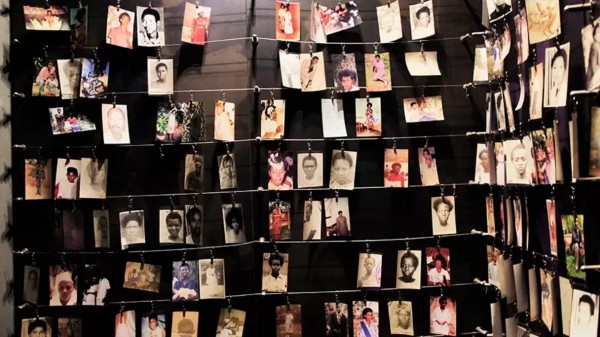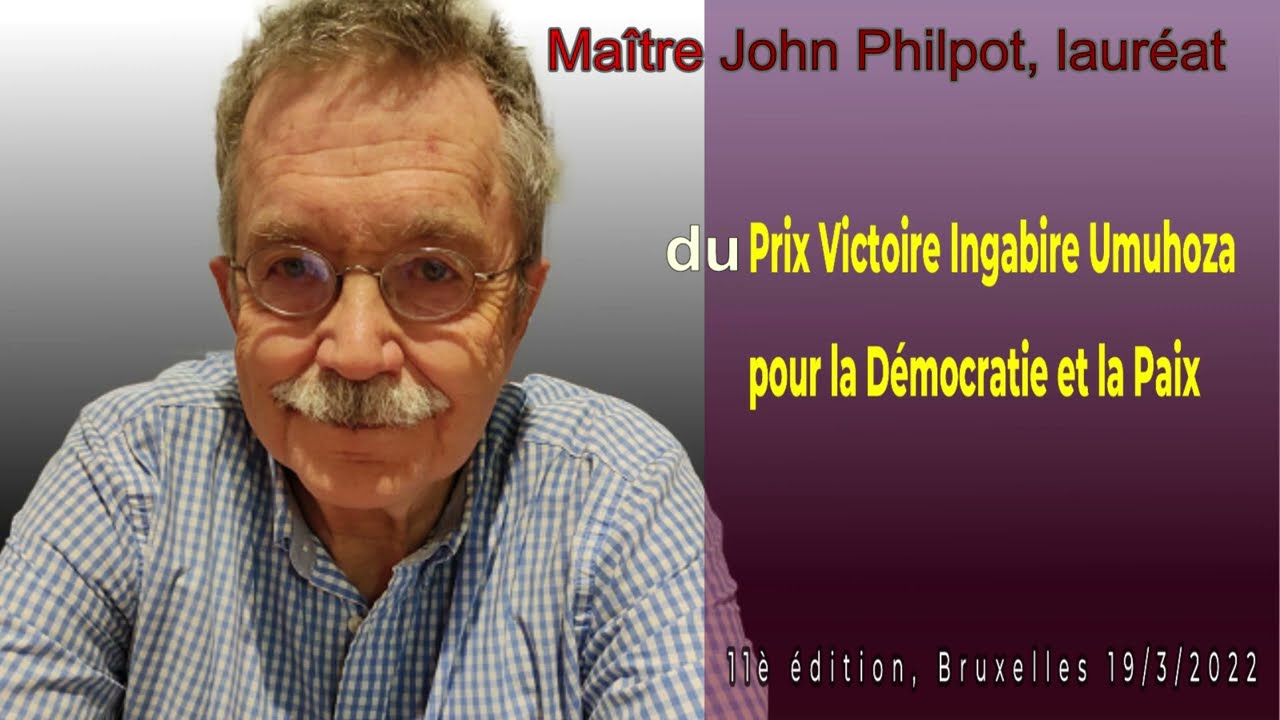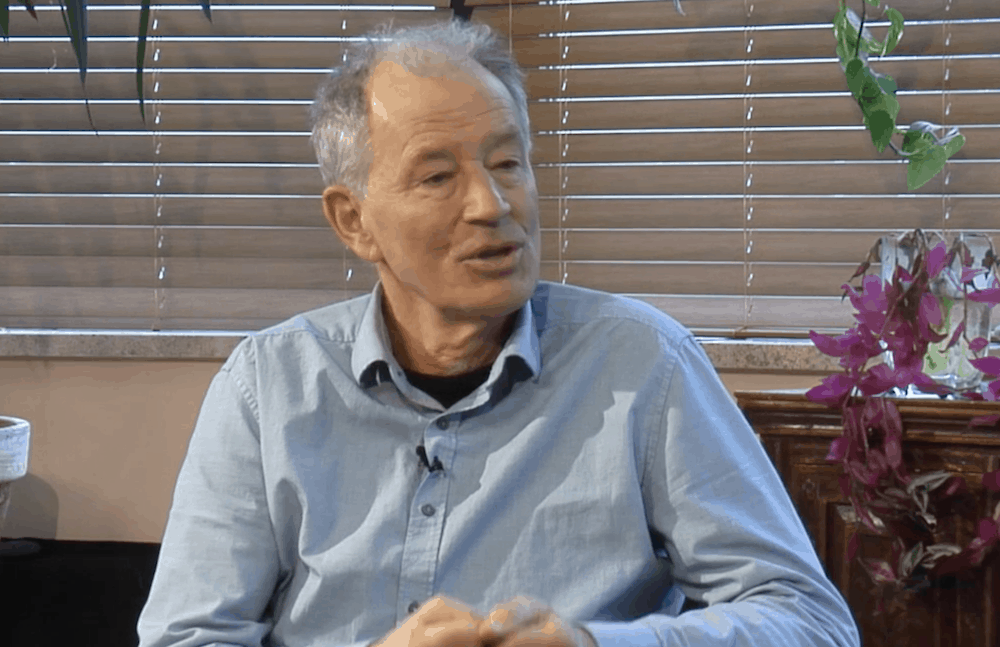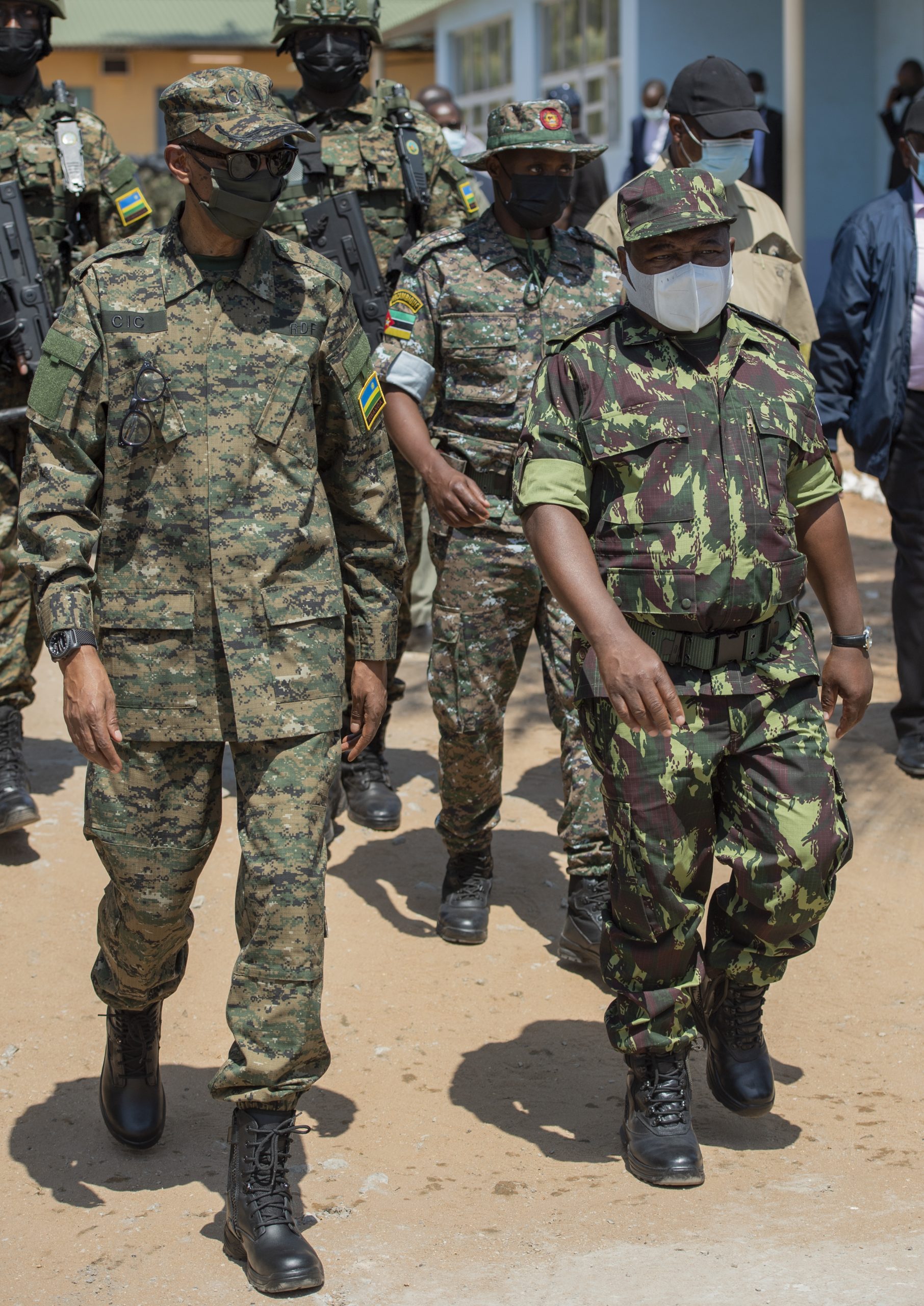International
South Africa a safe haven for fugitives of genocide against the Tutsi
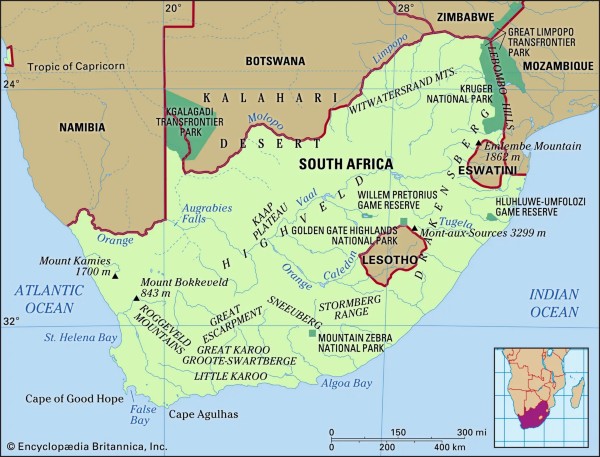
As
Rwanda marks the 28th Commemoration of the 1994 Genocide against the
Tutsi, some countries continue to shelter the mass-murderers accused of killing
more than one million Tutsi between April and July 1994.
One
such country is South Africa.
This
country harbours top genocidaires but has so far shown little interest in
cooperating with Rwanda and the international community to arrest and extradite
or try those suspected criminals.
Two
most wanted criminals living in South Africa are Dr Mugabo Pierre and his wife
Felicite Musanganire.
Dr Mugabo is the son-in-law of Dominique Mbonyumutwa,
the first Rwandan President considered as the godfather of the Hutu Power extremist
ideology. In 1994 he worked at a pharmaceutical laboratory in Butare, currently
Huye in southern Rwanda.
He committed genocide at the University
Hospital and also appeared in the massacres at a roadblock in front of Hotel
Faucon. He was sentenced to 30 years in prison by the Gacaca Court of Ngoma
Sector, Huye District on September 5, 2007, for the genocide crimes against
doctors and teachers who lived at Huye.
He
is also accused of participating in an attack that took the lives of 25
children from Benebikira Sisters’ home Maison Generalice and the handing over
of the patients to be killed. He committed genocide in collaboration with his
wife who then worked at the University
Centre for Public Heath (CUSP) in Butare.
Dr
Mugabo currently lives in South Africa where he works at the University of the
Western Cape in the Department of Pharmacy. The couple work at the university though
they were both convicted by Gacaca Courts for genocide-related crimes.
During
the genocide, Musanaganire was working on an HIV/AIDS project at the University
of Public Health Centre (CUSP). She is from Gitarama and is the daughter of
Dominique Mbonyumutwa who was the first President of Rwanda.
In
December 2006, the Gacaca Court of Ngoma Sector sentenced her to 25 years in
prison in absentia. Her convictions included the murder of Prof. Pierre Claver
Karenzi killed at the roadblock in front of Hotel Faucon, collaborating with another
area mass-murderer, Dr Eugene Rwamucyo, in the death of Cécile Nyirasikubwabo,
a CUSP employee.
Felicite Musanganire
At
the roadblock, Musanganire oversaw the thorough checking of people’s IDs and supervised
the process of separating the Hutu from the Tutsi. Once identified, she handed over
the Tutsi to be killed by the Interahamwe and the military. She fled to South
Africa where she worked at the Western Cape University’s AIDS Centre and
continued her studies. Her husband, who conspired to commit genocide in Butare,
was sentenced to 30 years in prison , in 2007. She is currently employed at the
Western Cape University AIDS Centre.
Musanganire
personally manned roadblocks to screen out Tutsi at Faucon hotel and kill them.
Besides this couple, South Africa also has
other genocide fugitives including Fulgence Kayishema.
In
2010, Rwanda's Prosecutor General entered negotiations with South African
judicial authorities to obtain the extradition of Dr. Mugabo, and his wife.
Both
are targeted by international arrest warrants issued by the Rwandan justice.
The
fact that no extradition treaty has been signed between Rwanda and South Africa
should not hinder the deportation of the duo.
South
Africa also shelters some big fish wanted by Rwanda and the International
Residual Mechanisms for Criminal Tribunal (IRMCT).
One
of them is Fulgence Kayishema.
Fulgence Kayishema
Kayishema,
born in 1960 in the former Kivumu Commune in western Rwanda, was the
inspector of the judicial police there during the genocide. His indictment
cites his involvement in massacres from April 6, 1994 till April 20, along
with Athanase Seromba, Grégoire Ndahimana, Télesphore Ndungutse, the
judge Joseph Habiyambere and
the assistant mayor, Vedaste Mupende.
Kayishema
was charged by the Prosecutor of the International Criminal Tribunal for Rwanda
(ICTR) with genocide, conspiracy to commit genocide and extermination (crimes
against humanity). The ICTR indictment, dated July 5, 2001, states that, among
others, Kayishema ordered the killing of the Tutsi inside Nyange church. He
brought fuel for use by the Interahamwe militia to burn down the church. An
estimated 2,000 Tutsi civilians died in this attack alone.
On
February 22, 2012, the ICTR Referral Chamber ordered this case to Rwanda.
Kayishema remains at large.


